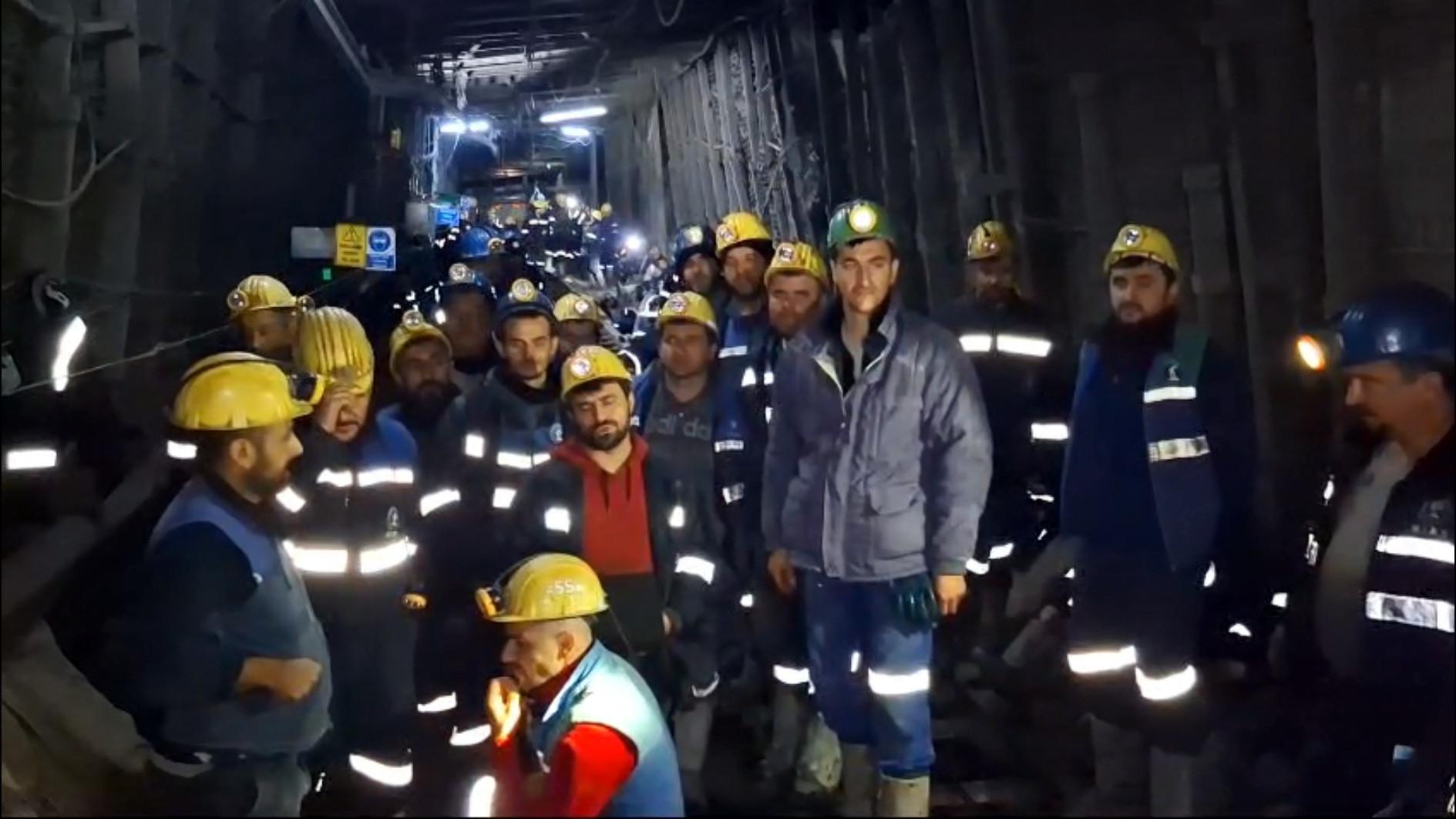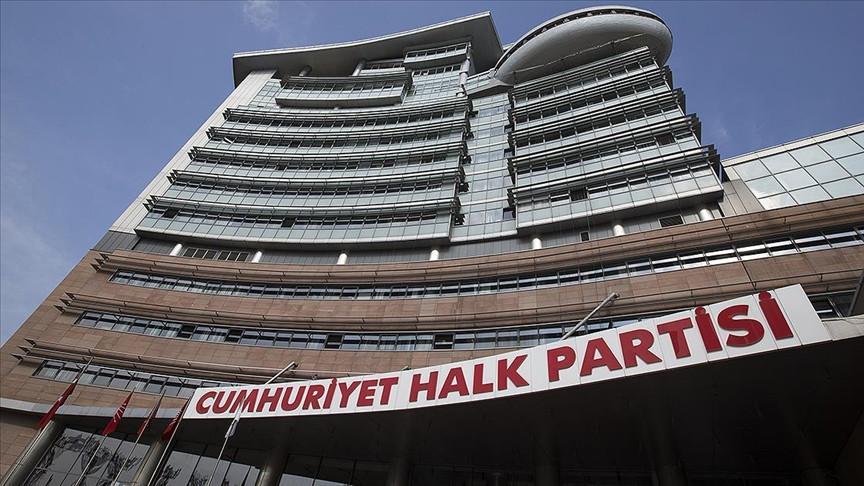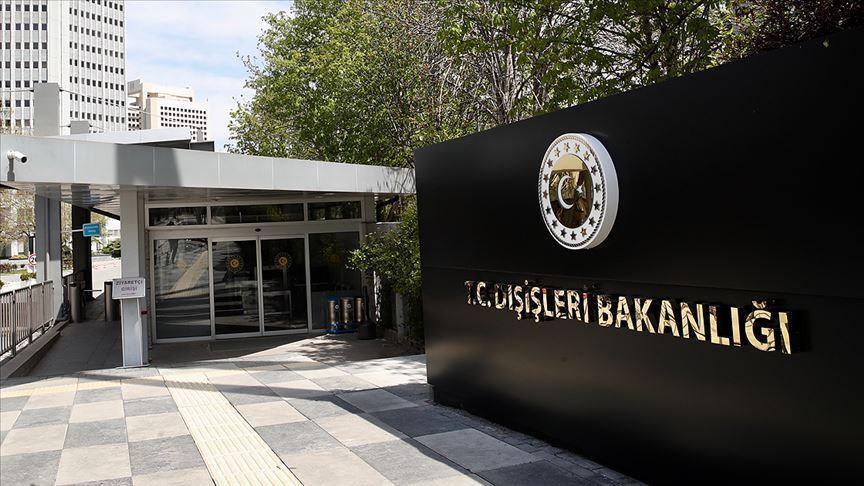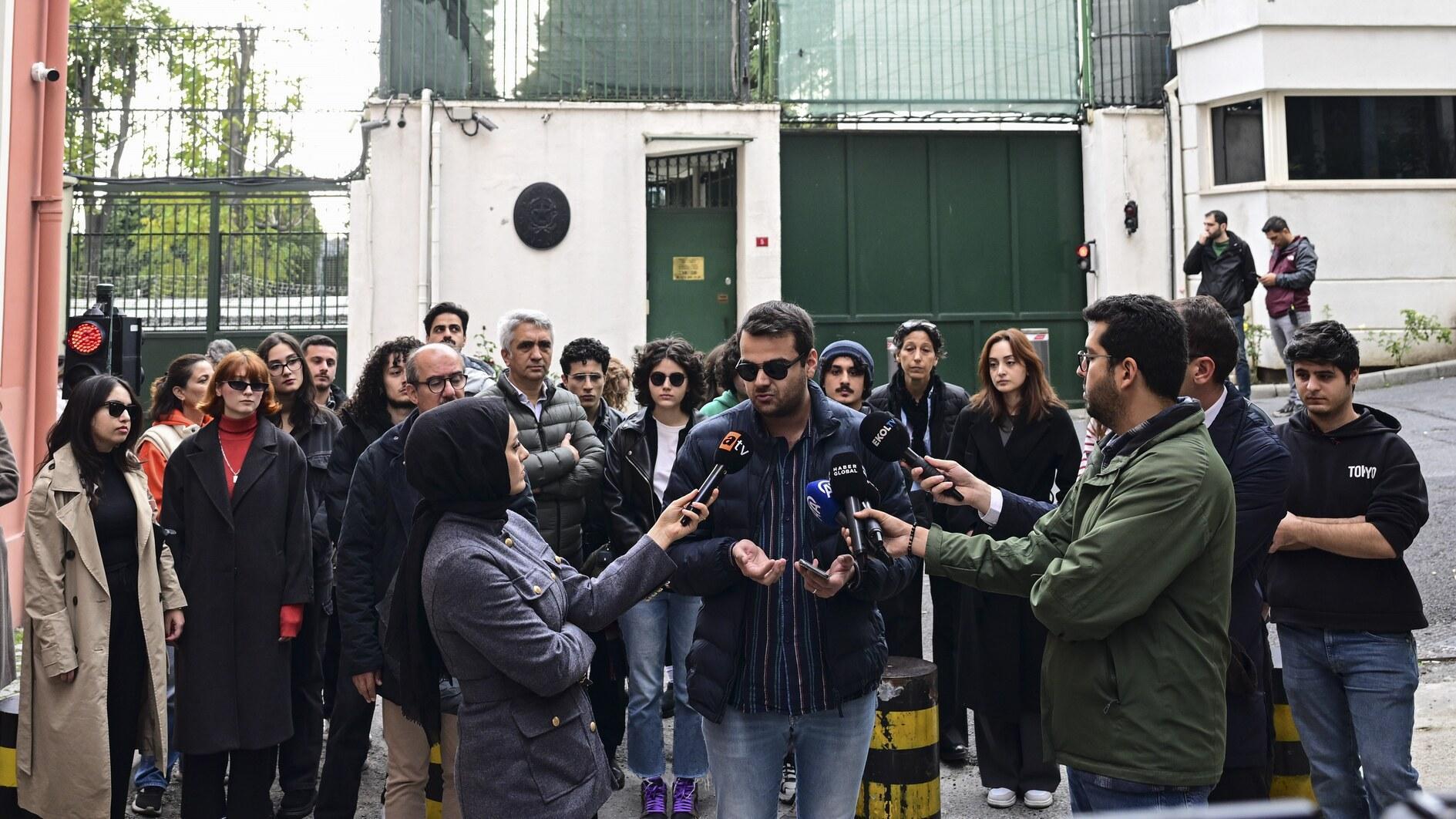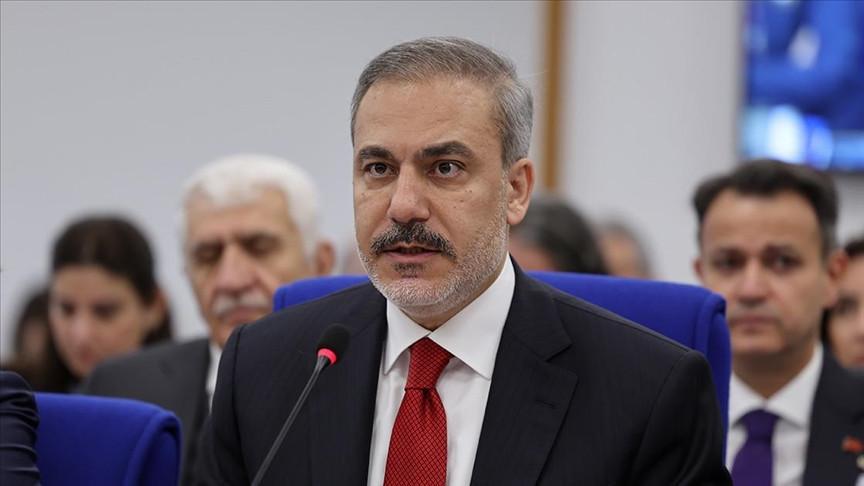Greek Cyprus not ready to share power and wealth, says Turkish Cyprus FM
ISTANBUL
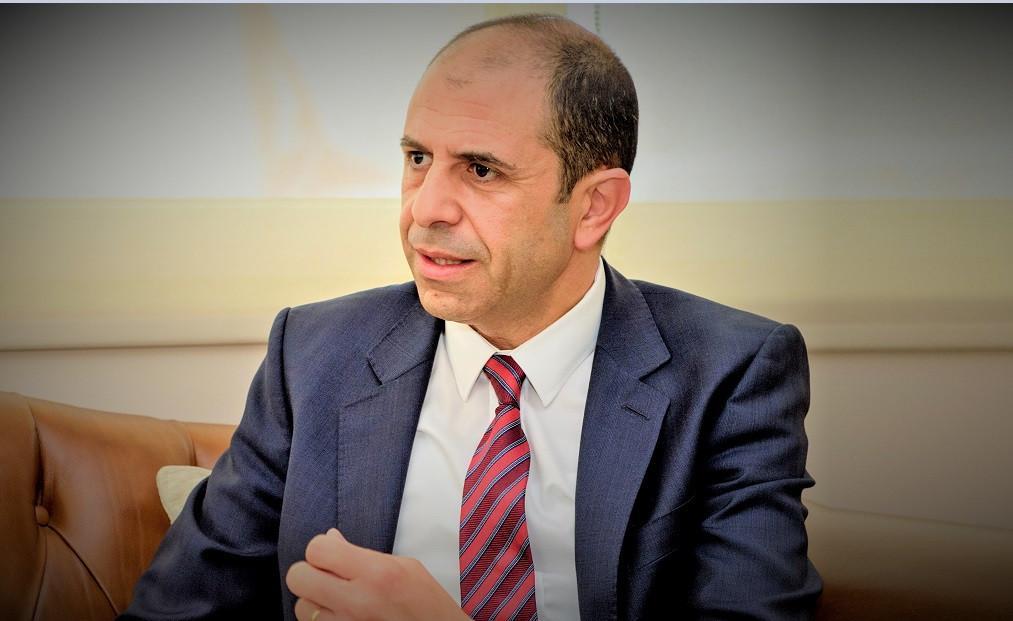
Greek Cyprus is not ready to share power and wealth, but a move that will change the current conditions could be made, including halting the isolation of Turkish Cypriots, North Cyprus’ Foreign Minister Kudret Özersay has said at a conference at Cambridge University.
Özersay stressed that all the negotiation methods and techniques [for a comprehensive settlement in Cyprus] have been tried until now, but the result has not been reached.
He pointed out that the issue is not related to the negotiation methods and techniques, but to the incompatibility between the way of solution tried and the current conditions of Cyprus.
Noting that the current conditions do not allow a federal partnership today, Özersay said that the Greek Cypriot side is not yet ready to share power and wealth, and there is a serious crisis of trust between the parties.
“Various steps can be taken to make the Greek Cypriot community ready to share the power and wealth with the Turkish Cypriot community so that the existing conditions on the island can change,” Özersay said.
“It may be effective to force Greek Cypriots to share these resources with the Turkish Cypriots before solution, especially with regard to natural gas,” he added.
Özersay stated that another move was to remove the isolation of Turkish Cypriots.
“If such steps [direct flights and direct trade] are taken, the Greek Cypriot community may turn towards a partnership based on sharing, however, it has been revealed that the international community has little intention to take such bold steps,” Özersay said.
In 1974, following a coup aiming at Cyprus’s annexation by Greece, Ankara had to intervene as a guarantor power.
In 1983, the Turkish Cyprus was founded.
The decades since have seen several attempts to resolve the Cyprus dispute, all ending in failure.
The latest one, held with the participation of the guarantor countries -- Turkey, Greece, and the U.K. -- came to an end without any progress in 2017 in Switzerland.


